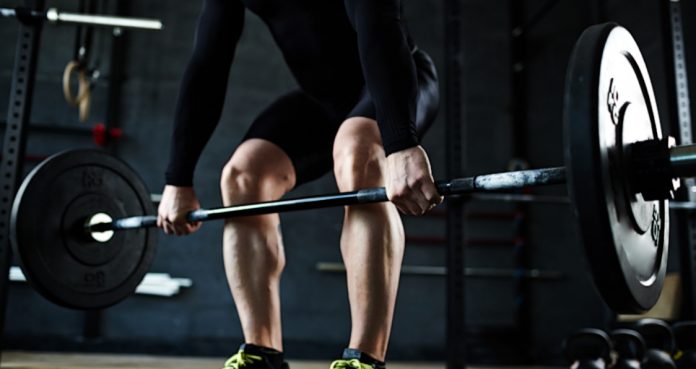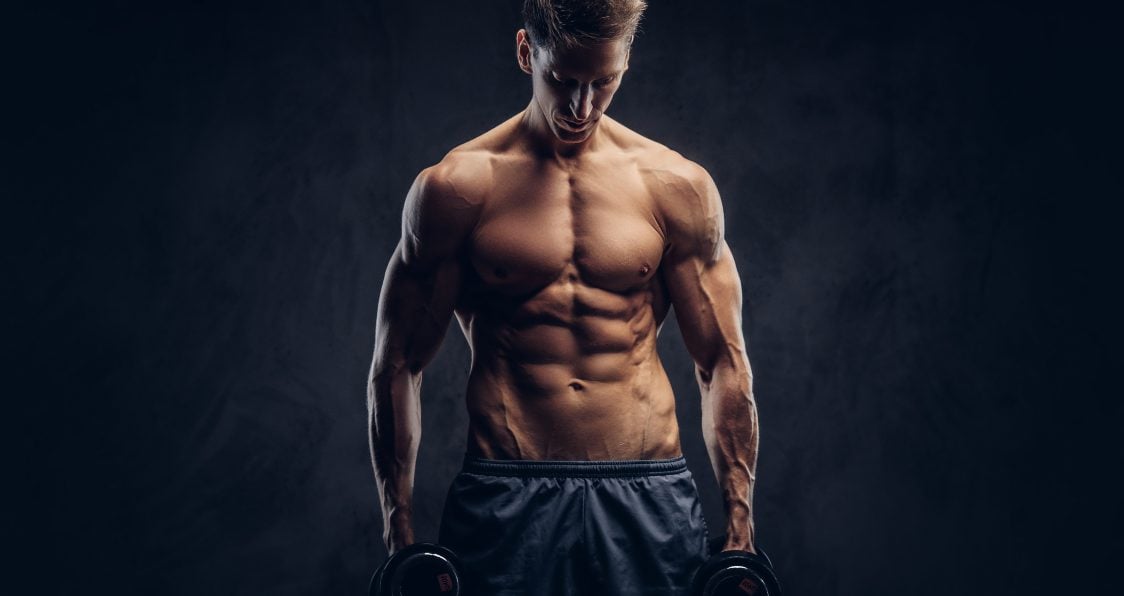
Barbell lifts have been translated over to almost every sport imaginable. At first many believed weightlifting was only for bodybuilders and people looking to create some solid beach muscles with no real substance behind the aesthetics. Soon people learned just how wrong that notion was.
In reality, barbell lifts are great for athletic performance. Building quality muscle doesn’t simply need to be translated over to the bodybuilding stage. If you have the right program then it can be adjusted to your needs. Which leads us to the notion of heavy lifting. Can it be beneficial to your performance in endeavors outside of powerlifting and bodybuilding? On an even more personal perspective, how does heavy lifting translate over to martial arts?
Benefits
I was never much of a heavy lifter when I was actively competing in Karate and kickboxing. Instead my focus was purely on technique and strategy. Rather than “waste time” lifting heavy weight, the focus was always on improving on execution. It’s only now in hindsight that I’ve made the realization that it was the wrong approach. Lifting should definitely be apart of a martial artist’s program. But should you be going heavy?
To clarify, when I started a program I chose the powerlifting approach with some bodybuilding principles thrown in to add variety. Squats, bench press, and the occasional deadlift were all on the menu. The results were definitely alarming, particularly in the beginning.
The benefits of lifting heavy is gaining some insane, godly strength. When I switched over to lifting heavy I felt incredible strength and power, something that was perhaps always there but was dormant. Clinches and ties ups were easy enough to shrug off and my muscle mass increased meaning playing the bully was all but guaranteed. But it wasn’t all sunshine and wine. Lifting heavy has drawbacks, despite the insane strength increase.

Drawbacks
There are a number of things to consider as a fighter when you choose to lift weights. One, you must keep in mind that you have to compete in a particular weight class and gaining too much muscle can make a weight cut even harder than it already is. Secondly, if you’re lifting heavy weight, the chances of you getting sluggish in your movement is a real concern.
Lifting heavy put on the muscle mass sure, but it also turned my fleet footed movement into more of a plodding affair. Rather than bouncing around with dynamic speed, I was reduced to marching towards sparring partners or only able to have fast feet for a short period of time before my muscles fatigued.

Suggested Methods
So where does that leave me and heavy lifting? Well, there is certainly a benefit to lifting in general, one that can’t be denied, discarded or ignored. But lifting heavy simply isn’t going to get the job done as far as aiding in athletic performance for MMA.
That said, lifting should definitely be thrown in there somewhere. Rather than aiming to lift heavy and achieve personal records, an individual looking to use lifting for athletic performance should focus on the rate of velocity of their lift. In layman’s terms that means focusing on how fast the bar is traveling from the bottom position of a lift to the top. That means sacrificing the heavy weight for something much more manageable.
You don’t need to come close to your one rep max to get a ton of benefits of lifting. Your strength may not triple over night, but you will get more explosive which is far more important in a sport like MMA. You’ll gain muscle, but not the kind of massive amounts that will throw you out of a weight class, plus you’ll be able to reap the strength benefits without feeling like a sluggish mess when it’s time to mix it up in sparring.
All in all, you should definitely be lifting if you’re competing in an explosive, dynamic sport. It’s all about programming and how you implement the training more than the actually weight you put on the bar. A good rule of thumb to live by is performance over ego. If you keep that in mind then you’re golden.
For more news and updates, follow Generation Iron on Facebook, Twitter, and Instagram.
